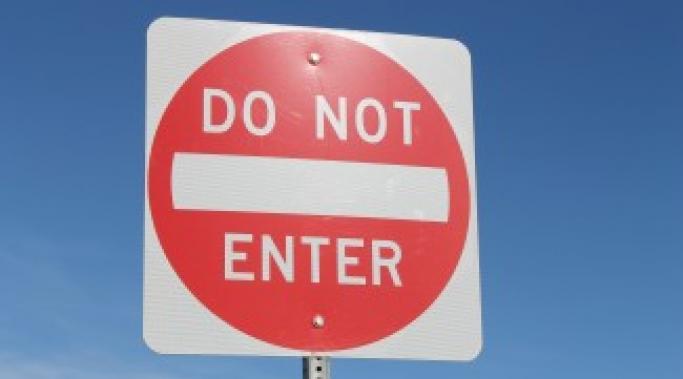Blogs
Can you achieve bliss if you struggle with self-hate and depression? I’ve been asking myself this question a lot lately because despite all of the positive things going on in my life, I still struggle with self-hate and depression. How can I live a blissful life when I sometimes feel like my life isn’t worth living? Self-hate and depression make living a blissful life difficult.
Holidays can be a stressful time for anyone, but when you have dissociative identity disorder (DID), handling holiday stress can be especially overwhelming. Anniversary reactions, sensory overload, and boundary violations are common stressors for those with DID, and are most prevalent around the holidays. It may feel overwhelming, but there are ways to handle the holiday stress when you have DID.
I travel with depression at least three times a year, and most of the time I find myself on solo trips. Whether I am traveling for work or vacation, it seems like my depression never takes a respite. Instead of seeing this as a weakness that prevents me from traveling internationally, I try to work around it with a few techniques I've learned over the years. I have learned to travel and vacation with depression.
There is a serious lack of treatment for dual diagnosis with substance abuse. A dual diagnosis is two co-occurring mental health conditions, in this case, one of which is a substance abuse disorder. The use of substances as a way to cope with psychiatric symptoms is so common there's a term for it: "self-medicating." Treatment for dual diagnosis with substance abuse is critical, but few get treatment.
Boundaries in bipolar disorder matter and over the holidays, bipolar boundaries matter even more. We set functional boundaries for a reason. Boundaries keep us safe. Boundaries keep us well. And that is not just as important during the holidays but, rather, more important. We must maintain boundaries with bipolar during the holiday season.
Stigma harms those with mental health issues, but it is possible to build a community where mental health stigma doesn't exist. Building a community of stigma-free living takes time and effort, but when stigma in your community doesn't exist, you will have a much more rewarding and stress-free life.
Holidays in binge eating recovery can make the season even more anxiety-triggering. This time of year is especially food-filled and it can be tempting to dig in full force. It is important to remember what you are working towards and keep on your path toward binge eating recovery even during the holidays.
It's natural to ask, "Why me?" about your trauma and posttraumatic stress disorder (PTSD) but I have found purpose in my PTSD. I have found that when you are able to discover real meaning and purpose in the trauma that have happened to you, not only does it provide you with some peace of mind and a sense of accomplishment, but also helps with managing PTSD symptoms. Here are tips on finding purpose in your PTSD.
It’s hard enough having schizophrenia or schizoaffective disorder but the stigma against schizoaffective disorder and schizophrenia is something else to fight. Some people have unfriended me on Facebook because I tell them I have schizoaffective disorder. I didn’t do or say anything “crazy.” Just my open admission that I have the disorder was enough. That’s just one example of what happens when someone is uninformed and clings to stereotypes about what I am like--what anyone is like—who has schizophrenia or schizoaffective disorder.
Even in times of great struggle with anxiety disorders, there are signs that tell you that you’ll beat anxiety. By definition, any anxiety disorder is something whose symptoms cause significant distress, interfere in one or more areas of life (such as work, family, or social functioning), is difficult to control, and endures over time, usually for at least six months but often longer.1 Anxiety in any form, then, can be daunting. But take heart: when you’re feeling thoroughly stuck, look within yourself for these five signs that you will indeed beat anxiety.










I believe she will only be able to rid herself of her demons, and hopefully her BPD as well, when she's ready to confront the abuse of her father. If she can put the blame where it belongs, she may stop projecting that victim/perpetrator cycle on the present men in her life. These demons are a metaphor for the purgatory she has created for herself. That reality has consequences in the real world, but it need not be real in the tangible sense. Exorcising her demons will require the expenditure of real physical energy and probably the destruction of aspects of her personality. If this ever happens, and it's possible but not probable, then these demons will evaporate. They are only as real as one's personality is real. In short, reality is not the question, it's what you make of the things you feel to be real.